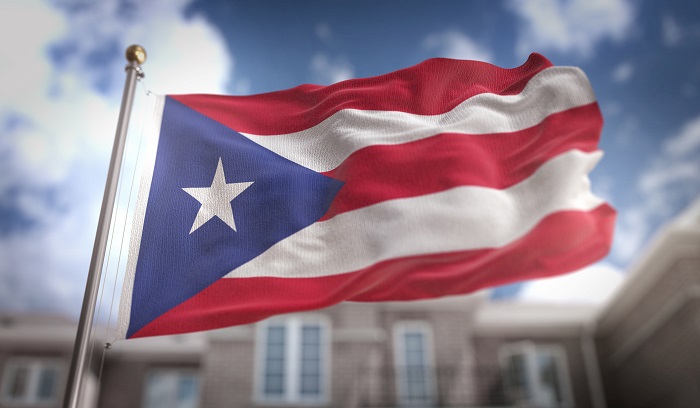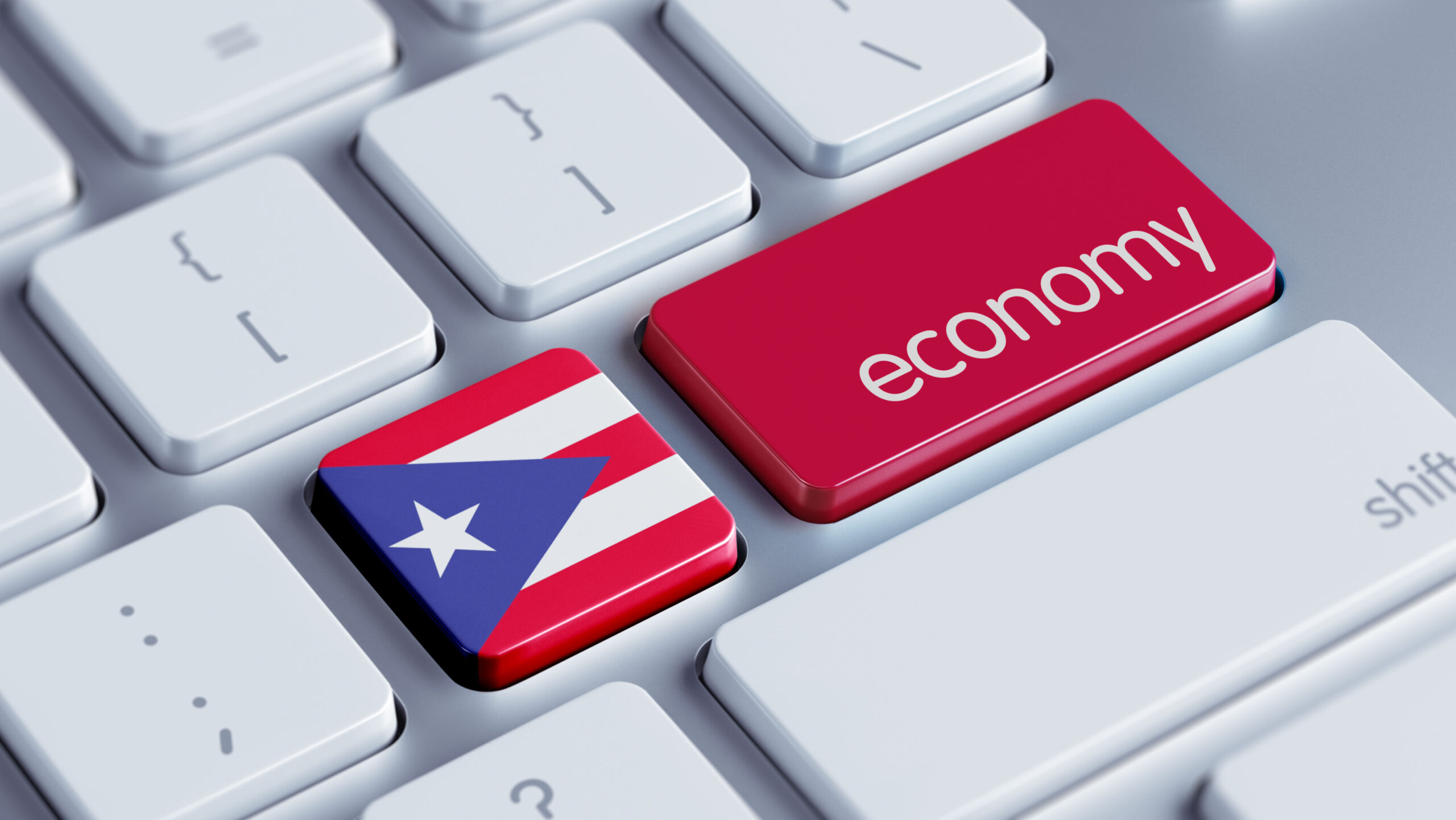Latinos are the belle of the ball in the 2012 elections. Candidates at all levels of government are courting their vote.
Puerto Ricans are a significant – and growing – part of that Latino vote. Their numbers approach those of the historically dominant Cuban population in Florida, and their influence has spread throughout the country. Candidates in search of the Puerto Rican vote are concentrating on the issues they expect Latino voters to focus on, which often includes immigration.
Puerto Ricans are citizens of the United States. In this respect, they’re no more (or less) likely to be concerned about immigration than other U.S. citizens.
Yet interviewers often ask Puerto Rican Governor Luis Fortuño about immigration issues first, just as they do community leaders from Mexico or El Salvador. Leaders of Puerto Rican heritage in the U.S. have been described as the sons or daughters of immigrants from Puerto Rico, which makes no more sense than calling the current residents of the White House immigrants from Illinois
It appears that some members of the media do not realize that the DREAM Act does not necessarily impact Puerto Rican voters.
NewsWorks author Helen Ubiñas recently explained, “Miguel Concepcion, from the National Congress for Puerto Rican Rights, said Puerto Ricans continue to fight battles they should have already won. That includes having to deal with people who still don’t get, or don’t want to get, that Puerto Ricans are not immigrants, that they don’t need a green card and that they are — and this bears repeating — U.S. citizens, and have been since 1917.”
Immigration is not actually the top concern among Hispanic voters nationwide, according to a Gallup poll conducted this summer, which found that healthcare and economic concerns are higher priorities among America’s Latino voters. Fox News Latino confirmed this finding in a poll earlier this month.
The Fox poll report also quoted Allert Brown-Gort, Associate Director of the Institute for Latino Studies at the University of Notre Dame, as saying that “many Latinos believe that how these politicians speak about immigration is how they feel about Latinos.” The assumption that immigration is a primary concern for all Spanish-speaking people in the United States, even those who are already citizens, contains a message about the speaker’s views on Latinos.
However candidates feel about Latinos, it is probably past time for Americans in general to learn that Puerto Ricans are citizens of the United States. Perhaps this year’s focus on Latino voters will provide an opportunity to spread that news. If not, it is only five years until the centennial of the legal decision that made Puerto Ricans U.S. citizens; we can try again in 2017.


